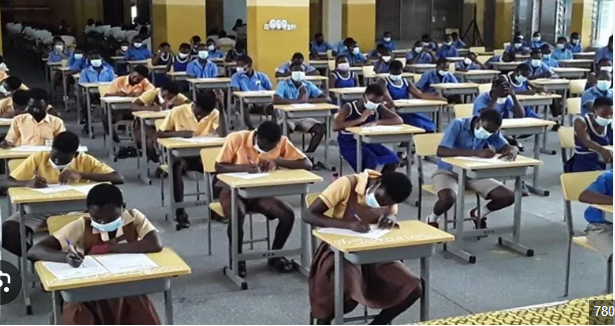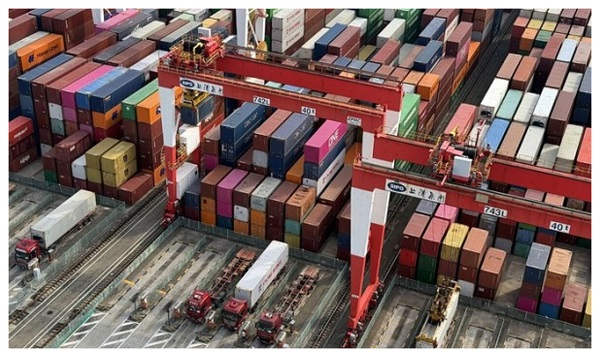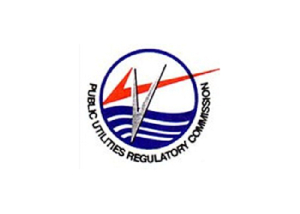Pass competition law to tackle pay-TV monopoly - CUTS tells govt
The West Africa Regional Director of CUTS International, Appiah Kusi Adomako, has called for the passing and implementation of the Competition and Fair Trade Practices Bill to empower regulators to monitor dominant firms, enforce fair licensing practices, and promote healthy competition across various sectors, including the pay-TV industry.
His comments come in response to a recent call by the Minister for Communications and Digitalisation for MultiChoice, operators of DStv, to slash its subscription prices by 30%
While acknowledging that the Minister’s directive may provide temporary relief for consumers, he described it as a short-term fix that fails to address the underlying structural challenges within the pay-TV sector.
Adomako noted in an article that the Electronic Communications Act, 2008 (Act 775) grants some regulatory powers to the National Communications Authority (NCA), but these are limited in scope and insufficient to tackle market dominance effectively.
He argues that the creation of a competitive environment to break the system of monopoly and cause the seemingly dominant firms to lower their prices.
Citing Cases like Murphy v. Media Protection, interventions in Germany, and scrutiny in South Africa, Adomako opined that regulators can compel fairer market outcomes.
“A sound competition law is needed to address abuse of dominance, price exploitation, and anti-competitive conduct. Competition law and regulatory tools have been used globally to challenge and moderate the effects of exclusive licensing of premium football content,” he wrote.
He, however, cautioned that frequent government intervention in pricing in a free market like Ghana will scare away investors.
“Moreover, frequent regulatory interventions in liberalised sectors create uncertainty. Investors may view such actions as arbitrary, potentially deterring investment in the telecom and media markets. The more sustainable approach is to build a competitive environment that compels firms to lower prices and improve services voluntarily.”
He emphasised that a strong competition law would provide the tools needed to tackle abuse of dominance, price exploitation, and anti-competitive conduct such as exclusive licensing, refusal to deal, and predatory pricing.
You may also like...
Diddy's Legal Troubles & Racketeering Trial

Music mogul Sean 'Diddy' Combs was acquitted of sex trafficking and racketeering charges but convicted on transportation...
Thomas Partey Faces Rape & Sexual Assault Charges

Former Arsenal midfielder Thomas Partey has been formally charged with multiple counts of rape and sexual assault by UK ...
Nigeria Universities Changes Admission Policies

JAMB has clarified its admission policies, rectifying a student's status, reiterating the necessity of its Central Admis...
Ghana's Economic Reforms & Gold Sector Initiatives

Ghana is undertaking a comprehensive economic overhaul with President John Dramani Mahama's 24-Hour Economy and Accelera...
WAFCON 2024 African Women's Football Tournament

The 2024 Women's Africa Cup of Nations opened with thrilling matches, seeing Nigeria's Super Falcons secure a dominant 3...
Emergence & Dynamics of Nigeria's ADC Coalition

A new opposition coalition, led by the African Democratic Congress (ADC), is emerging to challenge President Bola Ahmed ...
Demise of Olubadan of Ibadanland
Oba Owolabi Olakulehin, the 43rd Olubadan of Ibadanland, has died at 90, concluding a life of distinguished service in t...
Death of Nigerian Goalkeeping Legend Peter Rufai

Nigerian football mourns the death of legendary Super Eagles goalkeeper Peter Rufai, who passed away at 61. Known as 'Do...



